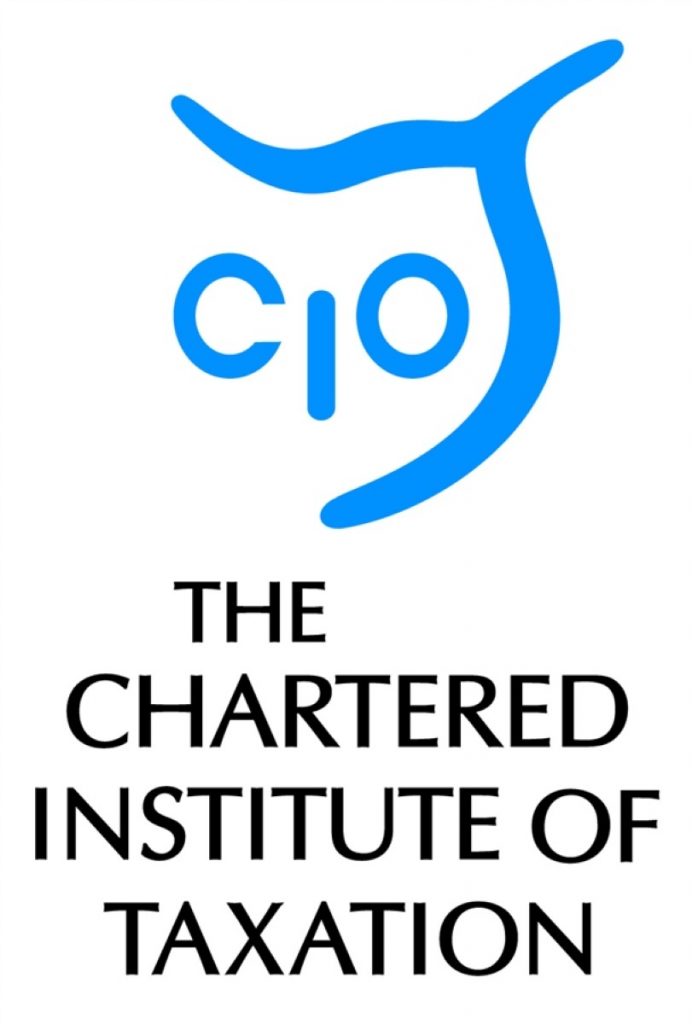CIOT: We need Simplicity, Certainty and Equity
Statutory residence test: We need simplicity, certainty and equity, say advisers
Ahead of the expected launch of a consultation on a statutory residence test for tax purposes tomorrow, the Chartered Institute of Taxation (CIOT) has repeated its support for such a test and set out its views on the principles the test should be based on.
The CIOT has also commented on the anticipated launch of a consultation on the reform of taxation of non-doms.
On a residence test, John Whiting, CIOT Tax Policy Director, commented:
“The rules on tax residence are jumbled and uncertain and are far from what we need for a modern tax system. The aim must be for a statutory test to give businesses and individuals certainty in this increasingly mobile world.
“There are many challenges to the design of a practical statutory test – but they are challenges that need to be met to make sure we have a tax system fit for the 21st century. We cannot have rules dating from the age of sail and Morse code and heavily dependent on HMRC’s views governing what happens in the 21st century.
“A statutory test needs to make sure there is proper recognition of those who go abroad to work, who need to be outside the UK net, and clear rules that tell those who come to the UK when they will be in the UK tax net.
“We look forward to a careful and open consultation on how the residence test is taken forward. The aim has to be a test that is simple to apply, delivers certainty and produces equitable results. That will take time and effort to achieve but it will be well worth the investment.”
The Government is also expected to launch a consultation tomorrow on the taxation of non-domiciled individuals (non-doms). The CIOT is arguing that the Chancellor’s increase in the non-dom levy needs to be balanced by a real assault on the complexity of the system.
John Whiting said:
“It is up to the Chancellor to judge the appropriate level of the non-dom charge, but what is really needed is a simpler, more certain basis for the levy. The exemption for commercial investment that was announced in the Budget is eminently sensible and the promise of a review of the complexities in the remittance rules is welcome. But in many ways we think the remittance rules are so overcomplex as to really need a complete rethink.”
Notes to Editors
Although the UK income tax rules revolve round residence, ordinary residence and domicile, there are no definitions of the terms. Instead, the system is governed by a mix of case law dating from the 19th century and HMRC practice.
The CIOT has pointed out that the proposals in the current Scotland Bill, which introduce a Scottish rate of income tax, make a statutory residence rule even more important. That is because the definition of a Scottish taxpayer starts from a person being a UK resident taxpayer – so a firm foundation for the Scottish system argues for a UK statutory rule.
On non-doms, in the March 2011 Budget the Chancellor:
• announced an increase in the £30,000 annual charge to £50,000 for those non-domiciles who have been UK resident for 12 or more years and who wish to continue to use the remittance basis
• removed the tax charge where remittances are made for commercial investment in the UK
• promised to simplify some of the rules around the remittance basis
• announced that no further substantive changes will be made during the current Parliament
These changes are to take effect from April 2012.
The remittance basis for those not domiciled in the UK was much restricted by the Finance Act 2008, which introduced the £30,000 annual charge for users of the remittance basis who have been resident in the UK for seven out of the last nine years.
The Chartered Institute of Taxation (CIOT) is a charity and the leading professional body in the United Kingdom concerned solely with taxation. The CIOT’s primary purpose is to promote education and study of the administration and practice of taxation. One of the key aims is to achieve a better, more efficient, tax system for all affected by it – taxpayers, advisers and the authorities.
The CIOT’s comments and recommendations on tax issues are made solely in order to achieve its primary purpose: it is politically neutral in its work. The CIOT will seek to draw on its members’ experience in private practice, government, commerce and industry and academia to argue and explain how public policy objectives (to the extent that these are clearly stated or can be discerned) can most effectively be achieved.
The CIOT’s 15,400 members have the practising title of ‘Chartered Tax Adviser’ and the designatory letters ‘CTA’.
– ENDS –
George Crozier
External Relations Manager
D: +44 (0)20 7340 0569
M: +44 (0)7740 477374
The Chartered Institute of Taxation
Registered charity number 1037771
www.tax.org.uk
The Association of Taxation Technicians
Registered charity number 803480
Registered company number 2418331
VAT Registration Number 497 5390 90
www.att.org.uk
1st Floor, Artillery House, 11-19 Artillery Row, London SW1P 1RT





-01.png)